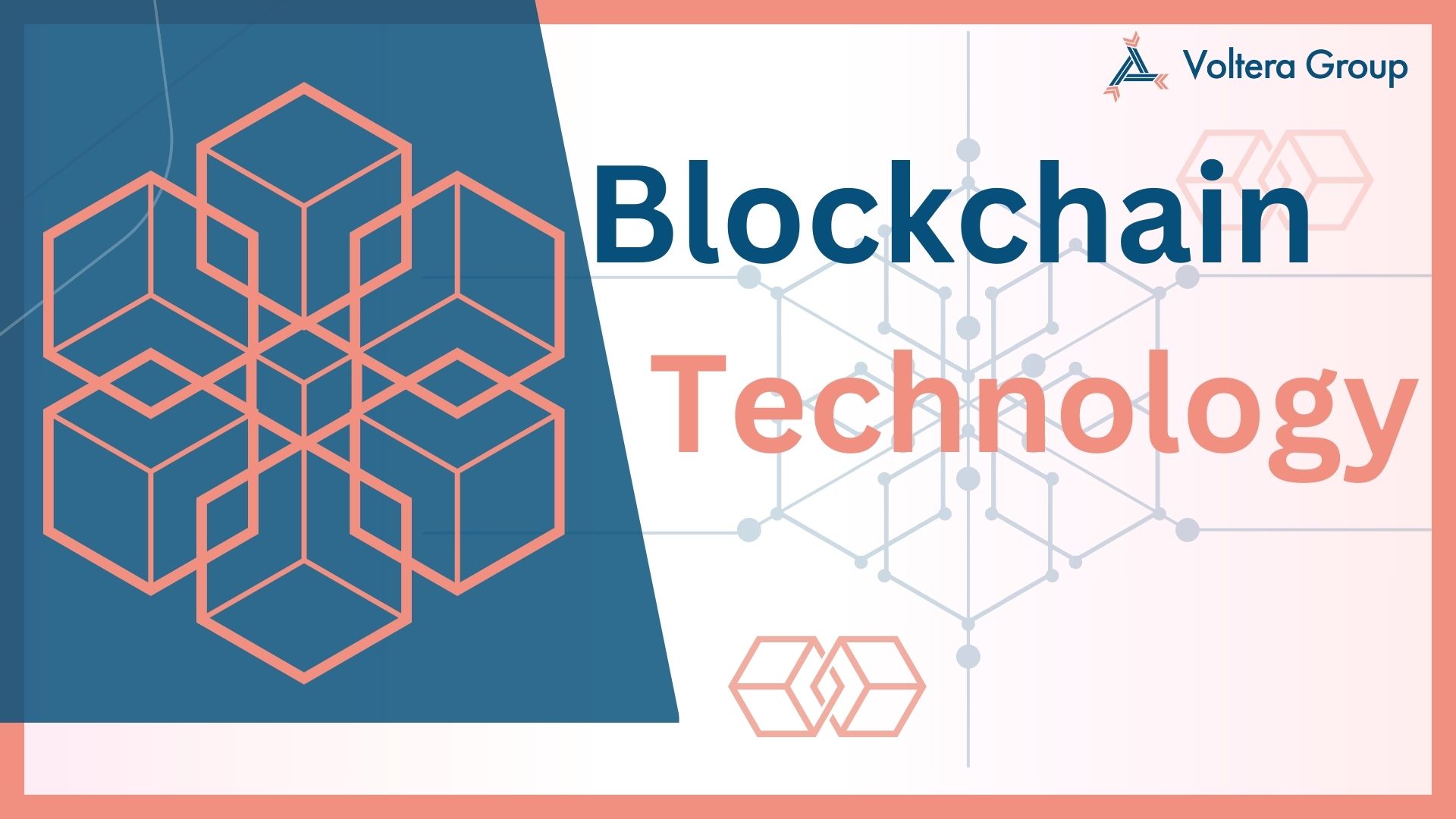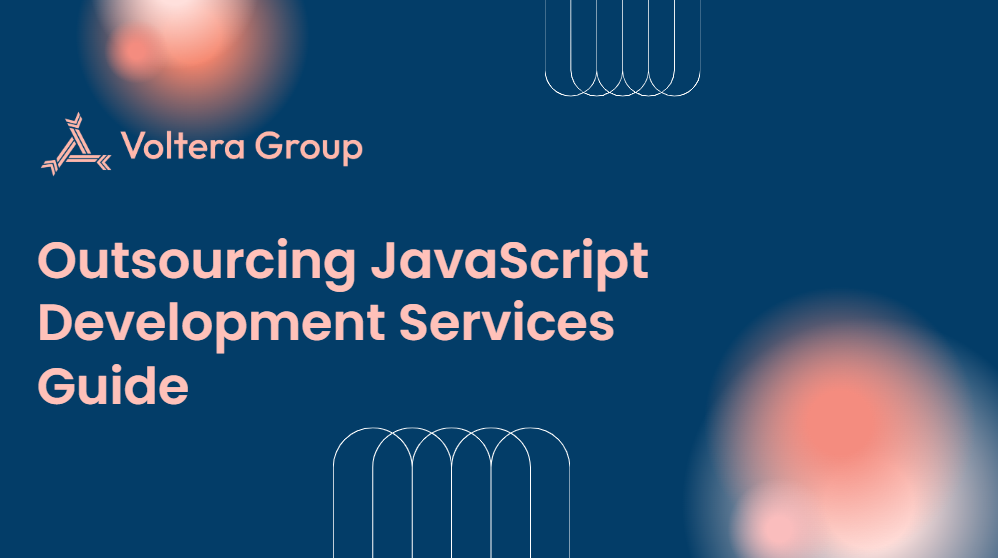Blockchain technology has become a disruptive force in the digital world, providing transparent, safe, and decentralised solutions to a variety of businesses. As we look ahead, blockchain in the future is expected to play an even more pivotal role, revolutionising industries and reshaping the way we handle data, transactions, and security. As we look ahead, blockchain in the future is expected to play an even more pivotal role, revolutionising industries and reshaping the way we handle data, transactions, and security.
Blockchain was first associated with digital currency like Bitcoin, but is blockchain the future of more than just cryptocurrency? It has far more potential uses in the fields of finance, supply chain management, healthcare, and other industries.
Fundamentally, blockchain is a distributed ledger technology that makes record-keeping safe, open and impervious to manipulation possible. Blockchain networks employ consensus techniques to record and validate transactions across a decentralised network of computers or nodes, as opposed to depending on a single authority. Every block in the blockchain comprises a batch of time-stamped transactions that are cryptographically connected to the one before it, creating an unchangeable chain of data.
Potential Applications in Software Development
Blockchain technology has enormous potential for software development in the future, providing creative answers to a range of problems in various sectors. The future for blockchain holds immense possibilities, as it can be applied in numerous innovative ways. The following are a few possible uses:
Decentralised Applications (DApps)
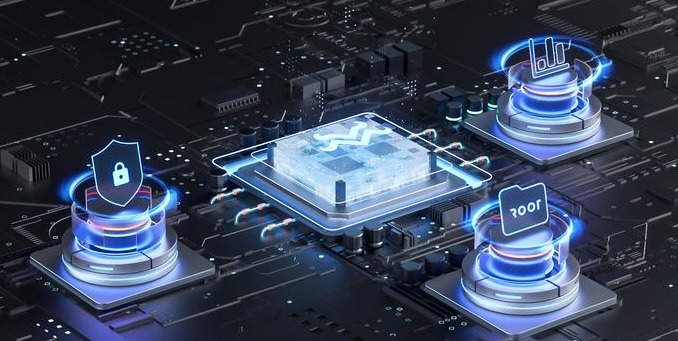
The creation of decentralised applications (DApps), which operate on a dispersed network of nodes as opposed to a centralised server, is made possible by blockchain technology. DApps use the decentralised architecture of blockchain technology to offer tamper-proof, transparent and censorship-resistant solutions in a variety of industries, such as social networking, gaming, finance and more.
Smart Contracts
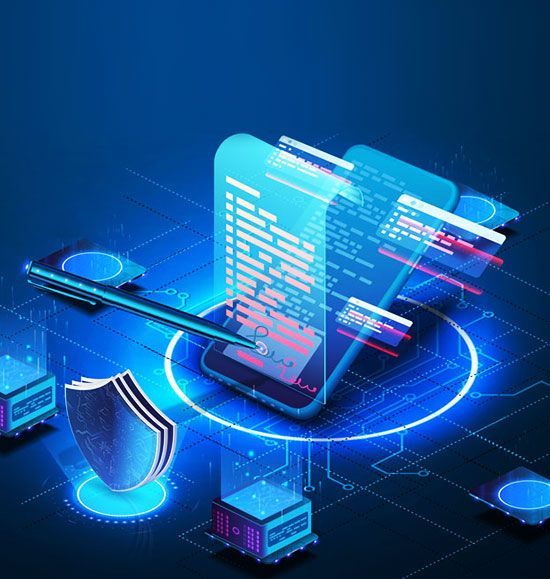
Self-executing contracts or smart contracts, have the conditions of the contract explicitly encoded into the code. Smart contracts, which are based on blockchain systems like Ethereum, automate and enforce the performance of contracts, doing away with the need for middlemen and lowering the possibility of fraud or manipulation. Applications for smart contracts can be found in real estate, insurance, supply chain management and legal contracts.
Digital Identity Management
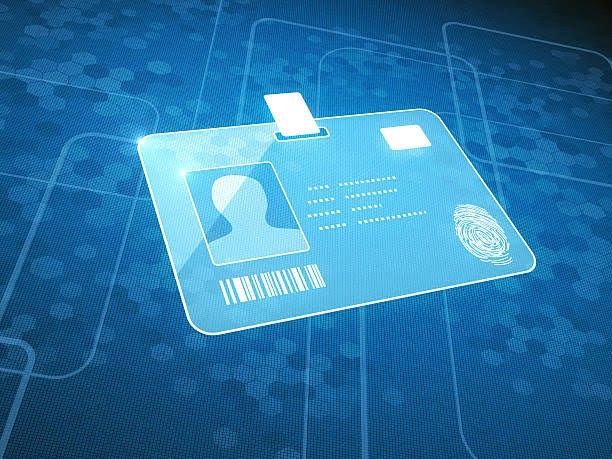
Blockchain technology gives people control and protection over their personal data by providing a decentralised and secure method of maintaining digital identities. Users can securely store and exchange sensitive information, confirm their identity and manage access to their data without depending on centralised authorities by utilising blockchain’s cryptographic principles.
Supply Chain Traceability

By logging each transaction and event during the production and distribution process on an immutable ledger, blockchain facilitates transparent and traceable supply chains. Blockchain increases accountability throughout the supply chain, decreases fraud and counterfeiting and tracks the movement of commodities from the place of origin to the final consumer.
Tokenization of Assets

Blockchain represents ownership rights as digital tokens on a blockchain network, enabling the tokenization of real-world assets like real estate, artwork and intellectual property. By enabling fractional ownership, liquidity and transferability of assets, tokenization opens up new avenues for investment and democratises access to markets that were previously closed to the general public.
Decentralised Finance (DeFi)
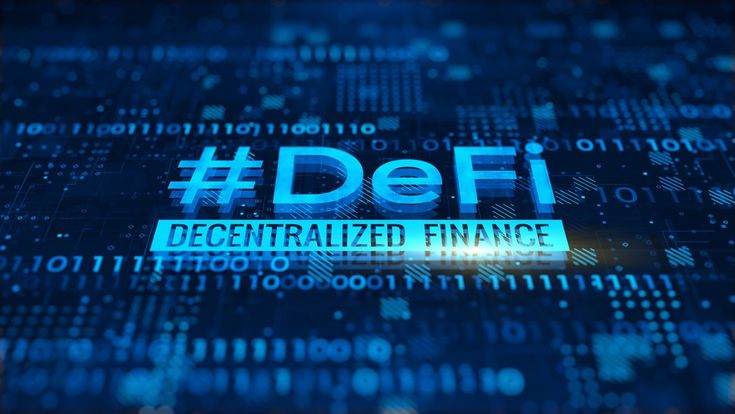
Blockchain technology is used by decentralised finance (DeFi) platforms to build open, unrestricted financial networks that facilitate peer-to-peer lending, borrowing, trading and investing without the use of conventional financial middlemen. When compared to traditional finance systems, DeFi offers increased accessibility, transparency and efficiency, which broadens the audience for financial services and increases their accessibility.
Final Thoughts
Blockchain and the future hold the potential to revolutionize software development and transform various industries worldwide.Blockchain technology’s decentralised architecture, cryptographic principles and smart contract capabilities allow developers to design creative solutions that improve efficiency, security and transparency across a range of industries. Future developments in decentralisation, transparency and equity are made possible by the boundless opportunities for innovation and disruption presented by blockchain technology as it develops and matures.

